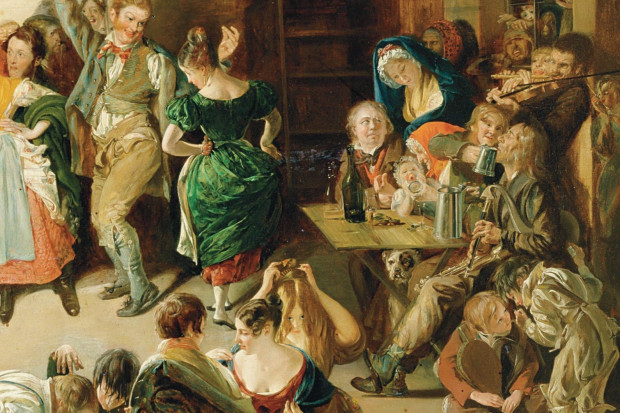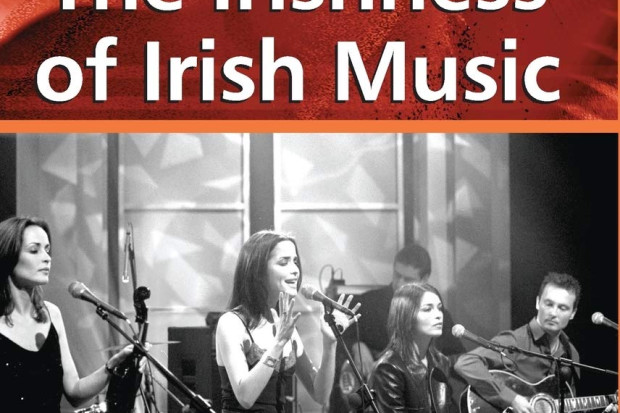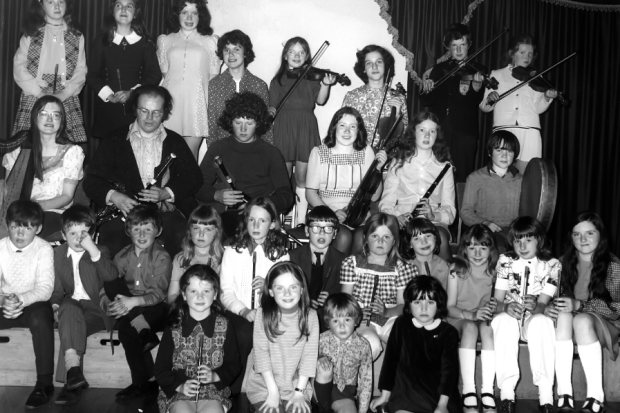Letters: Sept-Oct Editorial
Dear Editor,
I admire greatly and utterly support JMI as a badly needed and interesting medium within music in Ireland. Its cross-genre platform is hugely informative, and long may it develop.
But reading the editorial of the Sept/Oct issue I found my right arm twitching and wondered if perhaps the printer had got the covers mixed up, and was I in fact reading Treoir? To resort to second-guessing Desmond Fennell to understand Traditional music is like trying to interpret the state of the nation from watching Bertie Ahern talking football. But far from there being an ‘absence of any writing on music that might provide [social and cultural context]’ there is indeed extensive writing on the subject of music and identity. You might also note that the idea that musicians are trundling the millstones of Irish national cultural propriety all over the world, or want to be doing so, is way off the mark: they are playing music, as they have always done, because they enjoy it, get paid for it, or both.
The Fennell analogous thesis of ‘the music of consumer capitalism’ is a buzz term that means nothing to this practicality. Yes, music on plastic discs is a commodity, but the first Irish person to exploit the concept was Patsy Touhey, in America, a hundred years ago when he put his tunes on wax cylinders after getting himself a recording machine that he saw while playing at the World’s Fair in Chicago. Coleman’s activity too is legendary. Sheet music was commodity as well (otherwise we would have had no collections to draw on). Indeed so were instruments (the tale of the piper who bit his reeds on his deathbed), and tunes themselves (Breathnach’s story of the piper who battered the bejasus out of a rival who stole his tune). What about magazines? Books? Pens and paper?
There never were any ‘good old Times’ as the practical-minded old people, especially women, tell us. There must be few musicians who, September 11th aside, prefer to walk dirt tracks instead of fly, who don’t use credit cards, cell phones, laptops and email. There is no-one who wants to die of smallpox, and not so many who choose to live amid fifteen children with hand-washed nappies in damp houses in candlelight, crulging over a turf fire topped by a boiling pot of spuds. We are about playing music, singing, dancing or whatever. Artistic standards are high, improvement boosted by competition, promotion, financial reward (as always) – and practice – just like everything else.
There always have been musicians who looked up to, and others who were jealous of, other musicians, pompously (or begrudgingly) slagging them for being ‘commercial’. But amid it all we seem to have evolved a fairly tight hand on the reins of genre-specific ‘integrity’, and a sharp internal-criticism faculty, which JMI thankfully airs. If it wasn’t for the consumer capitalism that produced the recording machines, the vehicles to travel, and the monies for recreation, State support and instruments, we could never have had a music revival.
On progressive change in Jazz, you ‘tried to think of any parallel developments in Irish Traditional music but couldn’t’? How much more evidence than the revival of Traditional music, and its evolution of modern playing styles, formats, education structures, media and international practice since the 1950s is needed? But I really do have no idea of what your piece was attempting to say – other than, disappointingly, advertise a book by yourself, on the subject of Desmond Fennell, published by your employers.
Even Labhrás Ó Murchú might blush.
Fintan Vallely
Dublin
Editor replies: I think this is a cynical assessment of my editorial. As publisher as well as editor of JMI, I could give a book any amount of promotion through advertisements. Why would I go to the bother of writing over 1200 words? To suggest that I only wrote that piece to tie in a book is dismissive of my genuine interest in the questions I raised – which are left unanswered by your letter! I do not understand why you would profess an admiration for JMI only to then go against the spirit of it by ridiculing earnest ideas rather than responding to them coherently.
Published on 1 November 2001
Fintan Vallely lectures in traditional music at Dundalk Institute of Technology. He is author of several biographical and ethnographic books on the music, and is editor of the A-Z reference work Companion to Irish Traditional Music.













